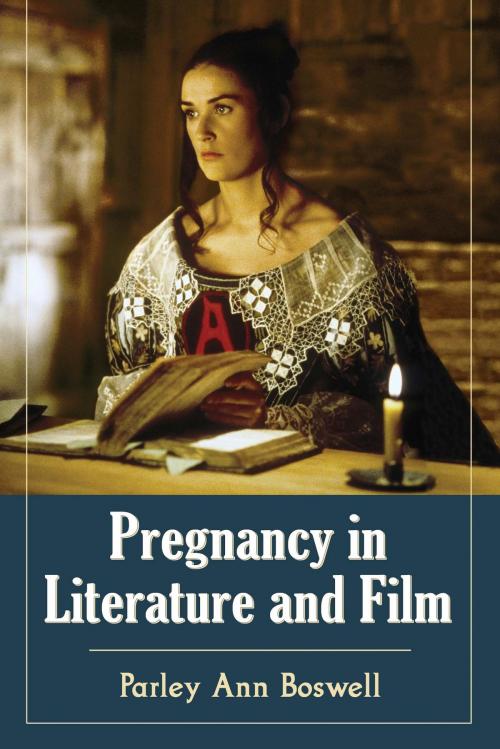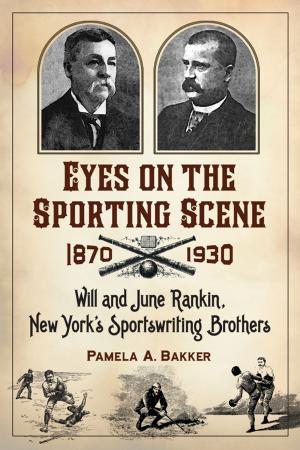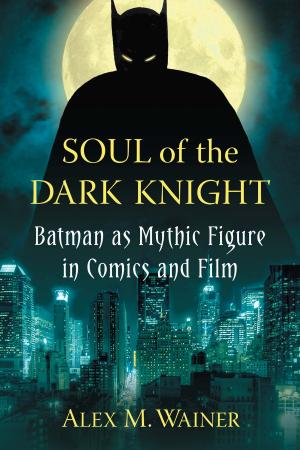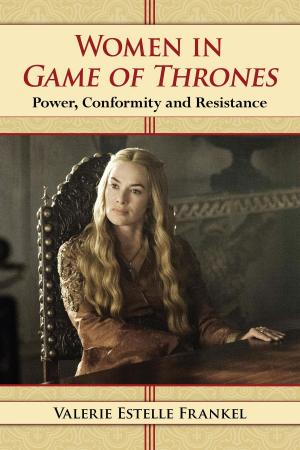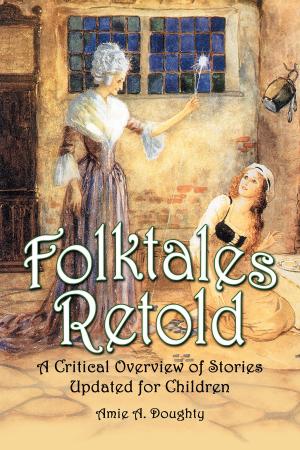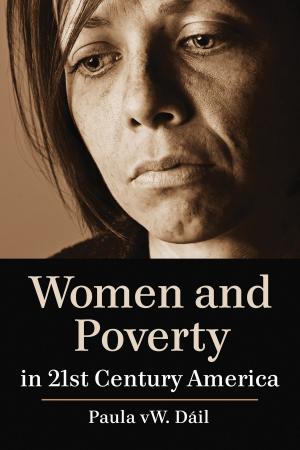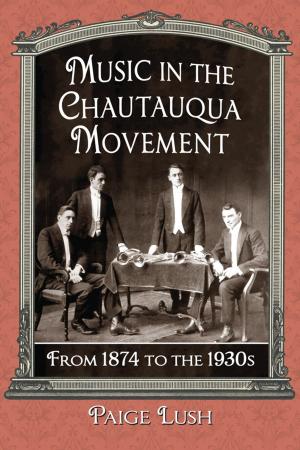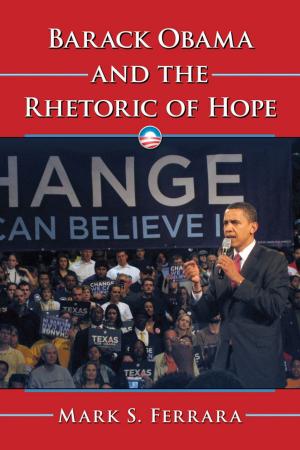Pregnancy in Literature and Film
Nonfiction, Entertainment, Performing Arts, Film, Fiction & Literature, Literary Theory & Criticism| Author: | Parley Ann Boswell | ISBN: | 9781476614687 |
| Publisher: | McFarland & Company, Inc., Publishers | Publication: | March 13, 2014 |
| Imprint: | Language: | English |
| Author: | Parley Ann Boswell |
| ISBN: | 9781476614687 |
| Publisher: | McFarland & Company, Inc., Publishers |
| Publication: | March 13, 2014 |
| Imprint: | |
| Language: | English |
This exploration of the ways in which pregnancy affects narrative begins with two canonical American texts, Nathaniel Hawthorne’s The Scarlet Letter (1848) and Harriet Jacobs’s Incidents in the Life of a Slave Girl (1861). Relying on such diverse works as Frankenstein, Peyton Place, Beloved, and I Love Lucy, the book chronicles how pregnancy evolves from a conventional plot device into a mature narrative form. Especially in the 20th and 21st centuries, the pregnancy narrative in fiction and film acts as a lightning rod with the power to electrify all genres of fiction and film, from early melodrama (Way Down East) to noir (Leave Her to Heaven); from horror (Rosemary’s Baby) to science fiction and dystopia (Alien, The Handmaid’s Tale); and from iconic (Lolita) to independent (Juno, Precious). Ultimately, the pregnancy narrative in popular film and fiction provides a remarkably clear lens by which we can gauge how popular American film and fiction express our most profound—and most private—fears, values and hopes.
This exploration of the ways in which pregnancy affects narrative begins with two canonical American texts, Nathaniel Hawthorne’s The Scarlet Letter (1848) and Harriet Jacobs’s Incidents in the Life of a Slave Girl (1861). Relying on such diverse works as Frankenstein, Peyton Place, Beloved, and I Love Lucy, the book chronicles how pregnancy evolves from a conventional plot device into a mature narrative form. Especially in the 20th and 21st centuries, the pregnancy narrative in fiction and film acts as a lightning rod with the power to electrify all genres of fiction and film, from early melodrama (Way Down East) to noir (Leave Her to Heaven); from horror (Rosemary’s Baby) to science fiction and dystopia (Alien, The Handmaid’s Tale); and from iconic (Lolita) to independent (Juno, Precious). Ultimately, the pregnancy narrative in popular film and fiction provides a remarkably clear lens by which we can gauge how popular American film and fiction express our most profound—and most private—fears, values and hopes.
